Buy Big Pharma – the deal spree could be just beginning
With pharmaceutical stocks still looking cheap and some very smart deals being done, it’s a good time to buy in to the sector. John Stepek explains how.

Get the latest financial news, insights and expert analysis from our award-winning MoneyWeek team, to help you understand what really matters when it comes to your finances.
You are now subscribed
Your newsletter sign-up was successful
Want to add more newsletters?

Twice daily
MoneyWeek
Get the latest financial news, insights and expert analysis from our award-winning MoneyWeek team, to help you understand what really matters when it comes to your finances.

Four times a week
Look After My Bills
Sign up to our free money-saving newsletter, filled with the latest news and expert advice to help you find the best tips and deals for managing your bills. Start saving today!

At the nadir of the financial crisis in March 2009, I decided it was time to buy some shares.
I wasn't at all convinced that the market had bottomed out. In fact, I expected it to fall further.
But I also thought that there were at least a few blue-chip companies who were probably as cheap as they were ever going to get, bar the entire world collapsing into a black hole.
MoneyWeek
Subscribe to MoneyWeek today and get your first six magazine issues absolutely FREE

Sign up to Money Morning
Don't miss the latest investment and personal finances news, market analysis, plus money-saving tips with our free twice-daily newsletter
Don't miss the latest investment and personal finances news, market analysis, plus money-saving tips with our free twice-daily newsletter
And as we were saying it was time to buy blue chips in MoneyWeek magazine, I also thought it was only right I should have some skin in the game' in case we were wrong, and the world did collapse into a black hole.
Looking back, of course, I wish I'd bought some gloriously spivvy little Aim stock, or a credit-starved car dealership, or a manufacturer at death's door. I'd have made multiples of my original money.
But no. I bought perhaps the most boring blue chip in the entire FTSE 100. The good news is, it looks like it might now be paying off
Smart deals in the drugs sector
GlaxoSmithKline (LSE: GSK)
But I have to say, I really like this company. It's the least-stressful stock I've ever owned. It pays a nice steady dividend. It never falls enough to make you panic, and it never rises enough to make you think "is it time to sell?"
However, it looks like life in the Big Pharma sector might be about to get more exciting. This week the industry caught merger-mania.
One of our tips in the New Year edition of MoneyWeek was AstraZeneca, on the basis it was bound to get taken over this year. It seems that's what's happening now, with a rumoured approach by US giant Pfizer.
Meanwhile, Glaxo and Swiss peer Novartis did a very sensible-looking asset swap. Glaxo swapped its cancer research units for Novartis' vaccine business. As John Gapper notes in the FT, this is a clever deal.
Both companies get to specialise and focus resources on areas they are good at. To paraphrase Novartis' chief executive, Novartis can get more value out of Glaxo's cancer labs than Glaxo can, while Glaxo can make Novartis' vaccines business work harder.
If it works, everyone's a winner. Consumers get more new drugs, more quickly. Shareholders and managements avoid the indigestion problems that always come with any big merger. And nobody has to shell out ridiculous fees to investment banks to broker the whole thing.
Healthcare stocks still look cheap
As Leonid Bershidsky notes on Bloomberg View, McKinsey found that while mergers in most industries deliver no added value (or subtract value, in the case of the tech sector), that's not the case for pharma. "Median excess returns for megamergers in our sample were positive." In other words, the deals actually made sense at least for shareholders.
John Authers also notes something interesting in this morning's FT. He takes a look at Deutsche Bank's Croci' method of value investing.
The methodology is rather finicky investment analyst departments need to justify their existence somehow and coming up with time-consuming valuation methods with rubbishy acronyms is a good way to do it.
But at its core, it's quite sensible. The whole point of value investing is to find out what a company is really' worth. If the company's true' value is sufficiently higher than the market's valuation of it, you buy. (That's your margin of safety').
The Croci approach tries to get a better idea of this true' value than you'd get from traditional ratios, by throwing more details into the mix.
So the analysts look at enterprise valuerather than market capitalisation (so you look at debt as well as equity), for example. They also try to account more accurately for the value of both tangible assets (factories and the like) and intangibles (brands and patents).
A lot of this stuff is subjective of course but probably not as biased as the spin the company puts on its own accounts.
In any case, the system has worked reasonably well. An index based on the strategy has beaten the wider markets in both the US and Europe since it launched a decade ago.
And why is it relevant to this topic? Because it suggests healthcare has been one of the three cheapest sectors in the world every year since 2009. And that in turn suggests that there's plenty of reason to expect investor interest and merger activity to continue.
If you want exposure to the big pharma story, you could buy (or stick with) GlaxoSmithKline (LSE: GSK) or AstraZeneca (LSE: AZN) in the UK. Alternatively, you could consider a healthcare-focused investment trust such as the WorldWide Healthcare Trust (LSE: WWH) although bear in mind that this trust has a lot of exposure to biotech stocks, which are a lot more expensive than their less sexy Big Pharma counterparts.
Our recommended articles for today
Everyone has Argentina wrong here's how to profit
Russia may be unpopular but it's bloody cheap
Get the latest financial news, insights and expert analysis from our award-winning MoneyWeek team, to help you understand what really matters when it comes to your finances.

-
 Should you buy an active ETF?
Should you buy an active ETF?ETFs are often mischaracterised as passive products, but they can be a convenient way to add active management to your portfolio
-
 Power up your pension before 5 April – easy ways to save before the tax year end
Power up your pension before 5 April – easy ways to save before the tax year endWith the end of the tax year looming, pension savers currently have a window to review and maximise what’s going into their retirement funds – we look at how
-
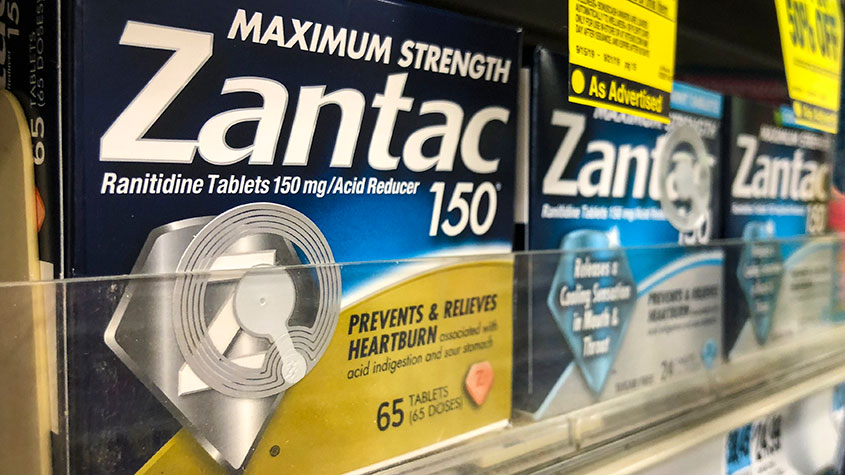 Are GSK’s legal troubles a threat to the firm’s survival?
Are GSK’s legal troubles a threat to the firm’s survival?Analysis Pharmaceutical giant GlaxoSmithKline is facing legal action over heartburn drug Zantac that has seen billions wiped off its market value. Rupert Hargreaves looks at how it might affect the business's prospects.
-
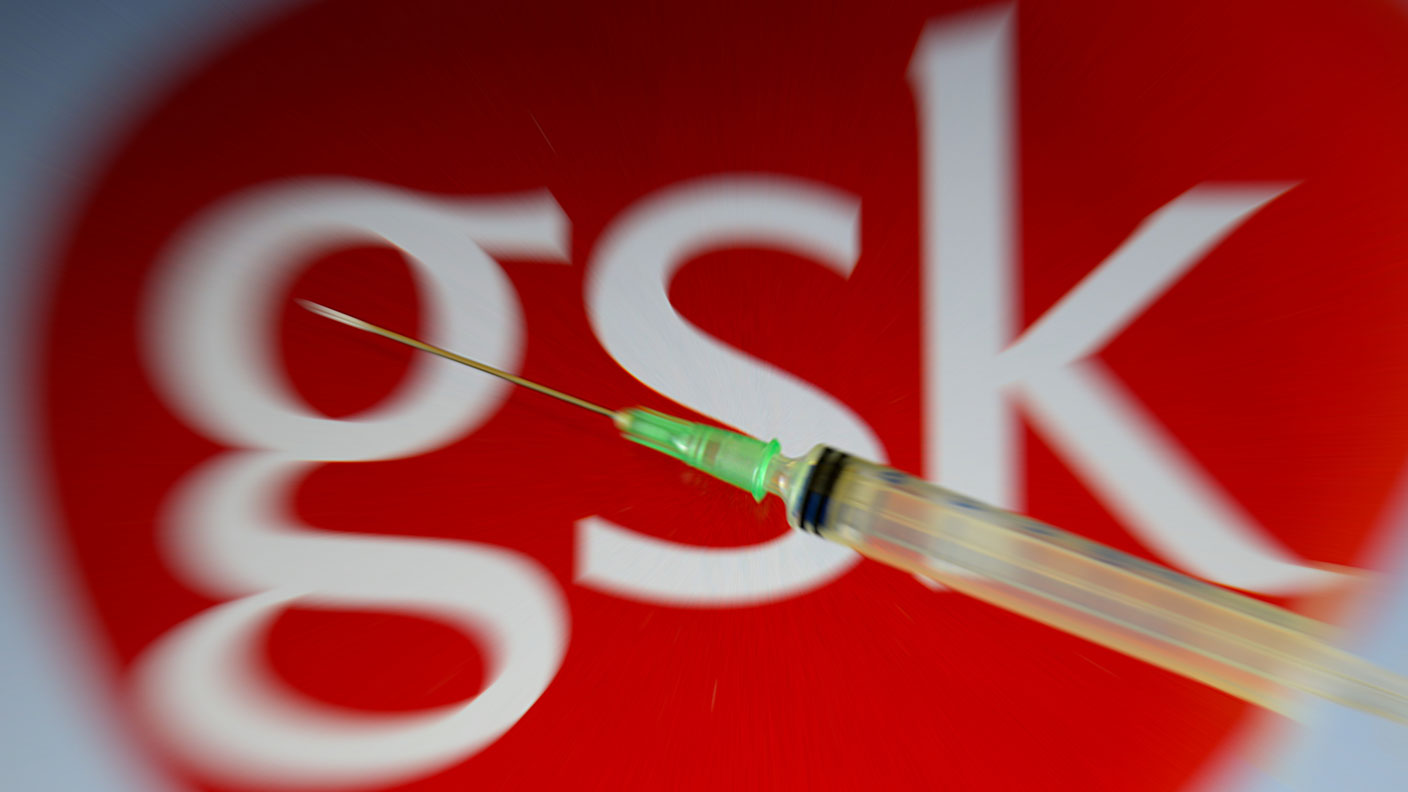 GlaxoSmithKline’s first-quarter figures show the company is on track for the year
GlaxoSmithKline’s first-quarter figures show the company is on track for the yearAnalysis Latest results show that it's business as usual for pharmaceutical giant GlaxoSmithKline. Rupert Hargreaves casts his eyes over the numbers.
-
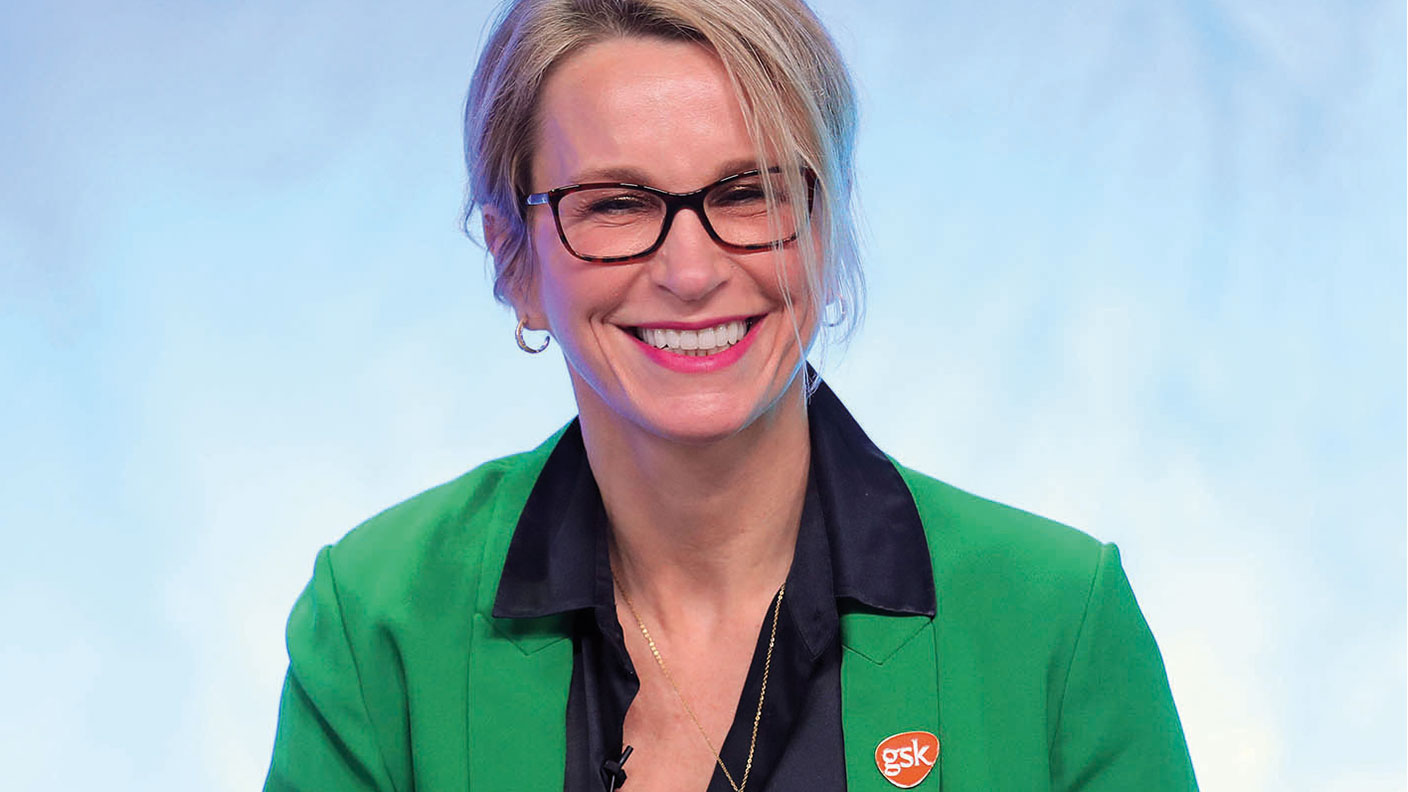 Why GSK should turn down Unilever’s billions
Why GSK should turn down Unilever’s billionsNews Unilever has offered GSK £50bn for its consumer division. But while the cash will be a temptation, the deal is not in the interests of shareholders or of anyone else, says Matthew Lynn.
-
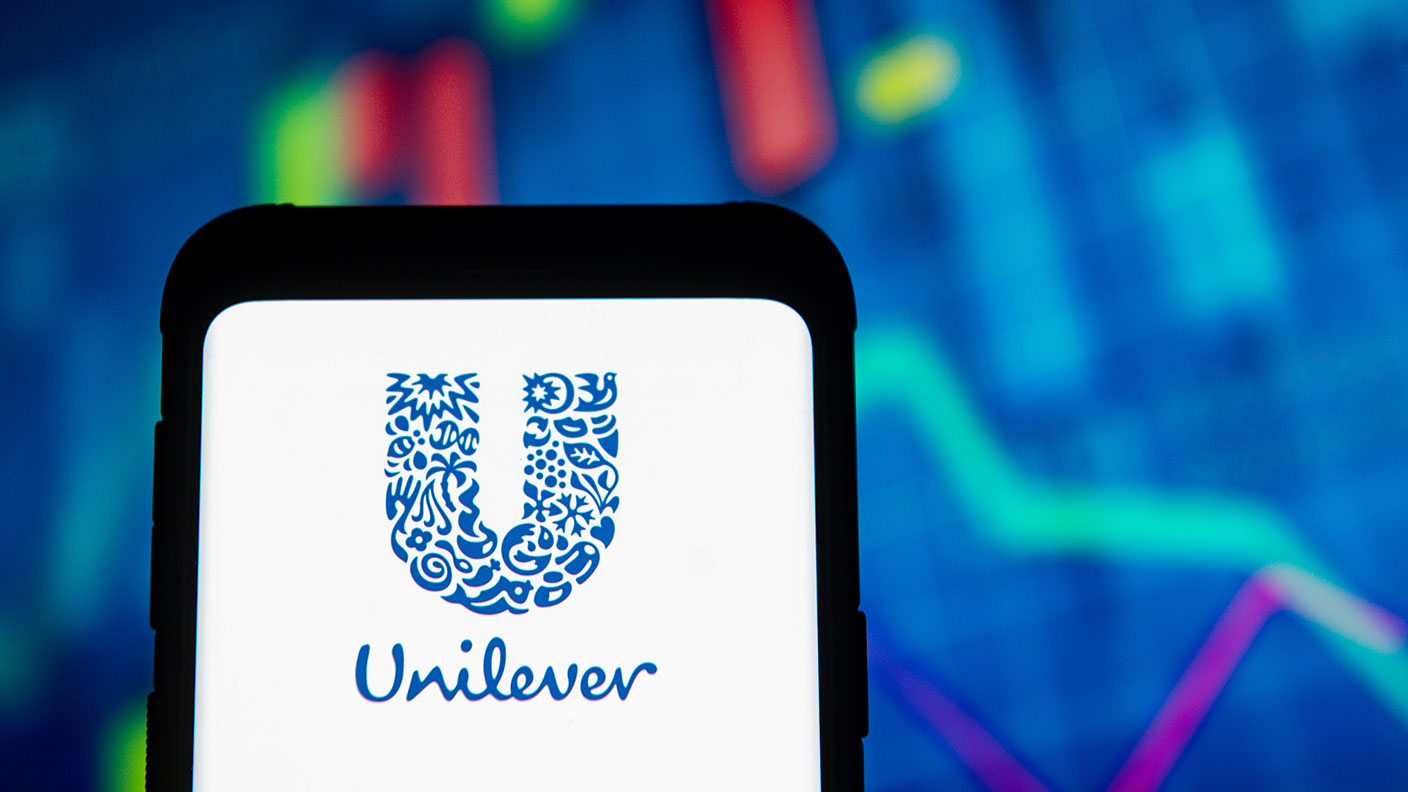 Unilever slides and GSK bounces after GSK knocks back £50bn bid
Unilever slides and GSK bounces after GSK knocks back £50bn bidNews Unilever shares fell to their lowest level in around five years, after its £50bn takeover bid for GSK’s consumer health unit was rejected.
-
 AstraZeneca’s Covid troubles could see it pull out of making vaccines
AstraZeneca’s Covid troubles could see it pull out of making vaccinesNews AstraZeneca has suffered a series of setbacks with its Covid-19 jab and may exit the inoculation subsector altogether. Matthew Partridge reports
-
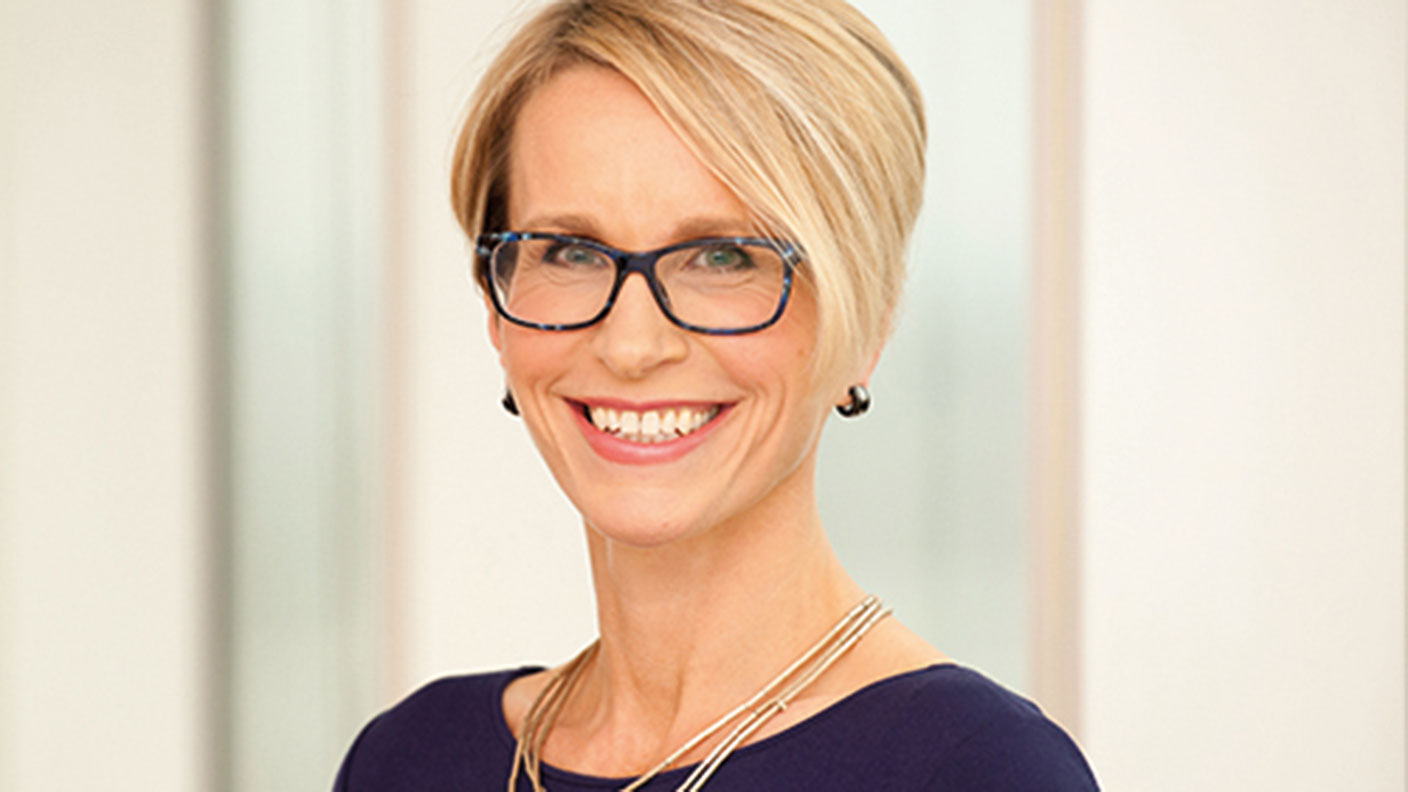 Shake-up at GSK won’t placate investors
Shake-up at GSK won’t placate investorsNews GSK has launched a radical shakeup of its operations, but that's unlikely to satisfy investors unhappy with the drugmaker's perennial underperformance.
-
 A show of support for GlaxoSmithKline's hedge fund fight
A show of support for GlaxoSmithKline's hedge fund fightNews Several large shareholders have said that they will support GlaxoSmithKline in its battle with hedge fund Elliott Management.
-
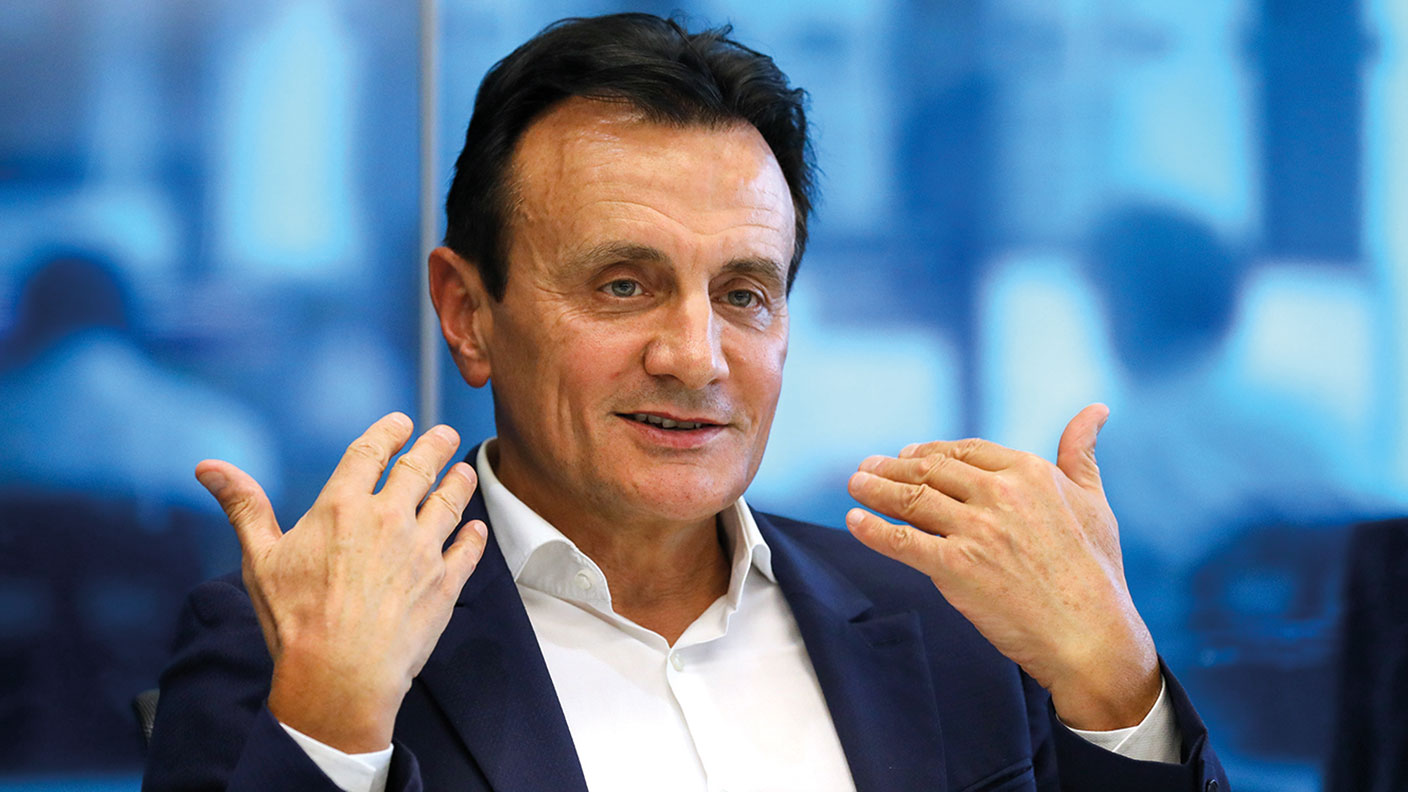 AstraZeneca’s shareholders rebel over pay
AstraZeneca’s shareholders rebel over payNews Shareholders in AstraZeneca have rebelled over proposals to raise bonus levels for its bosses.